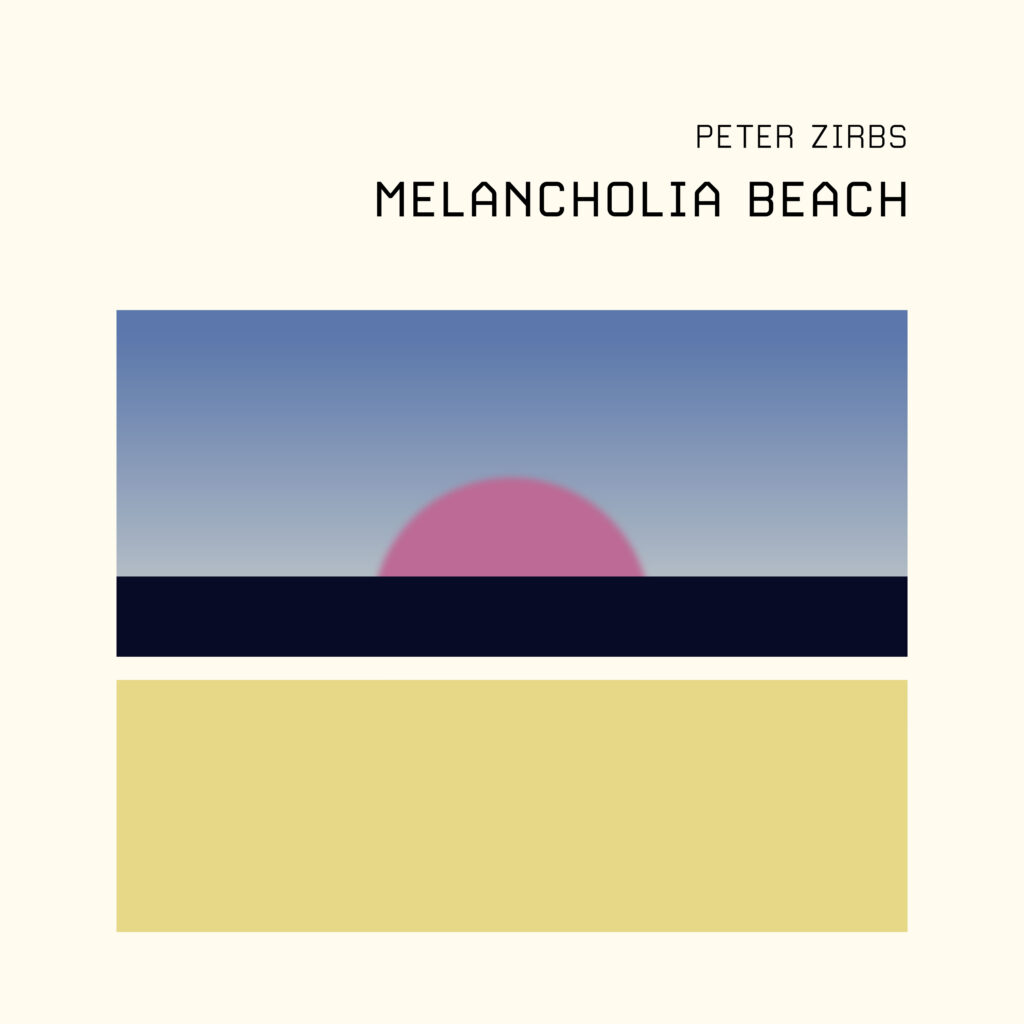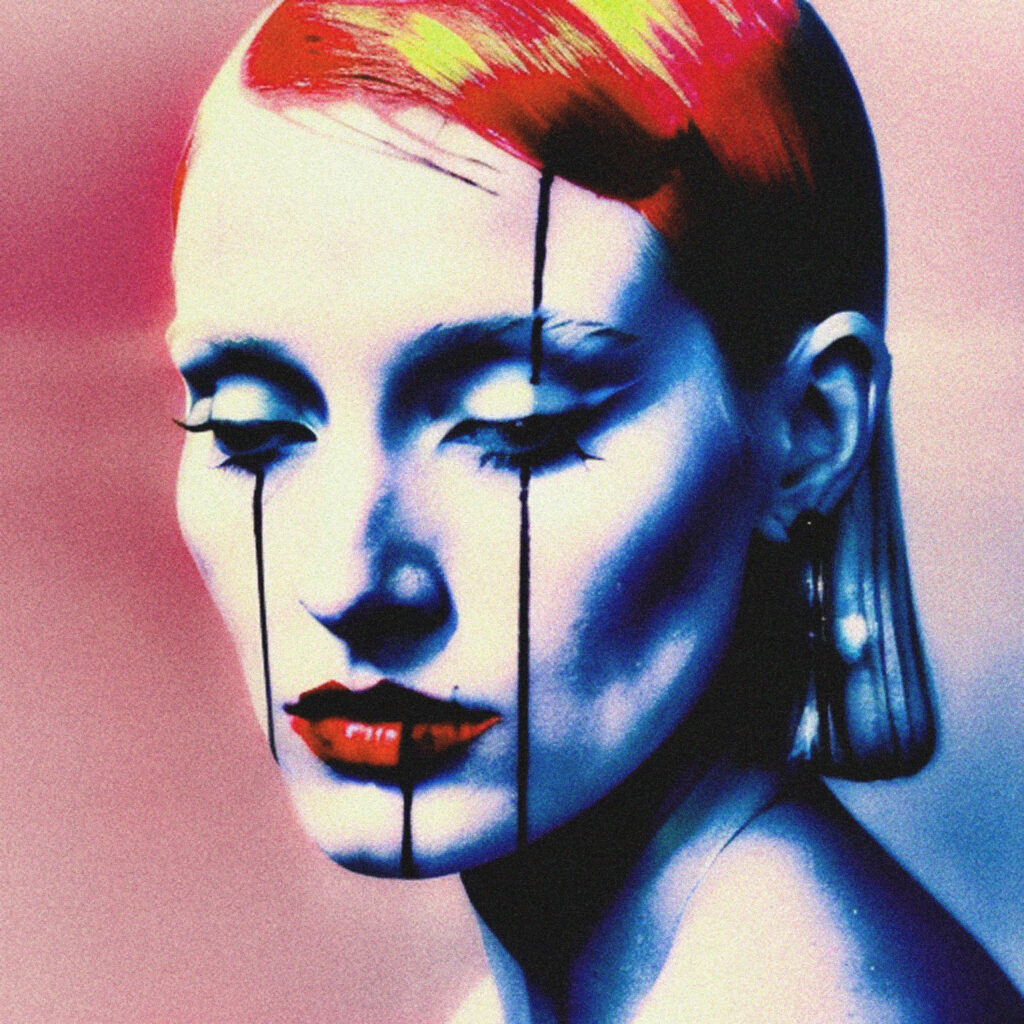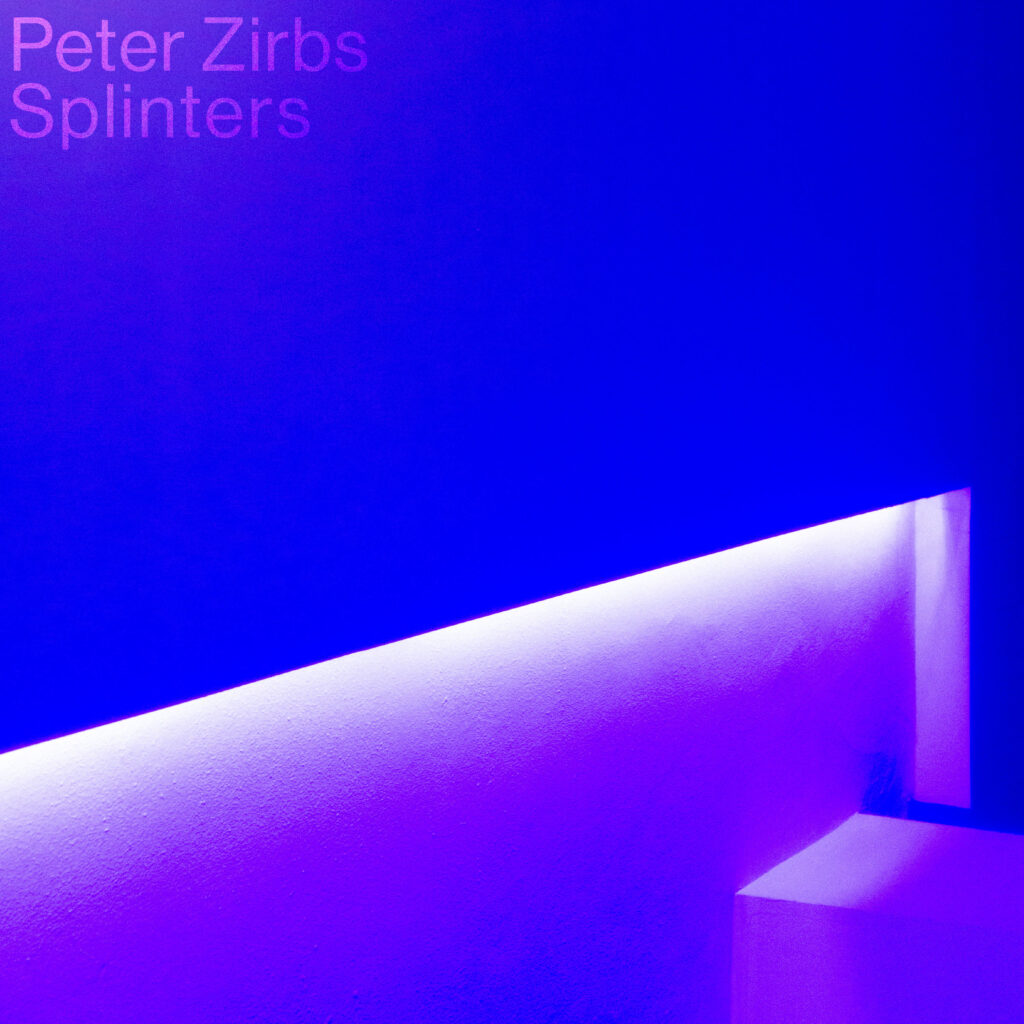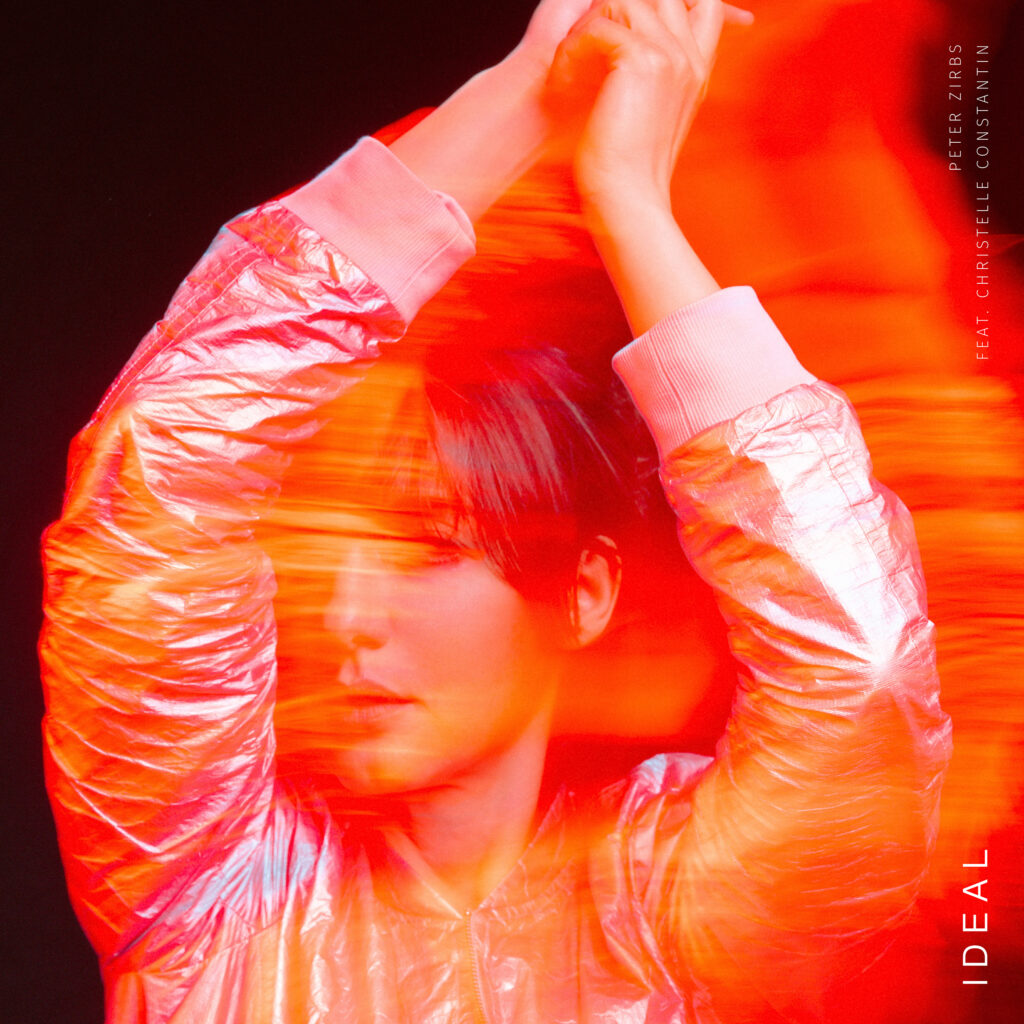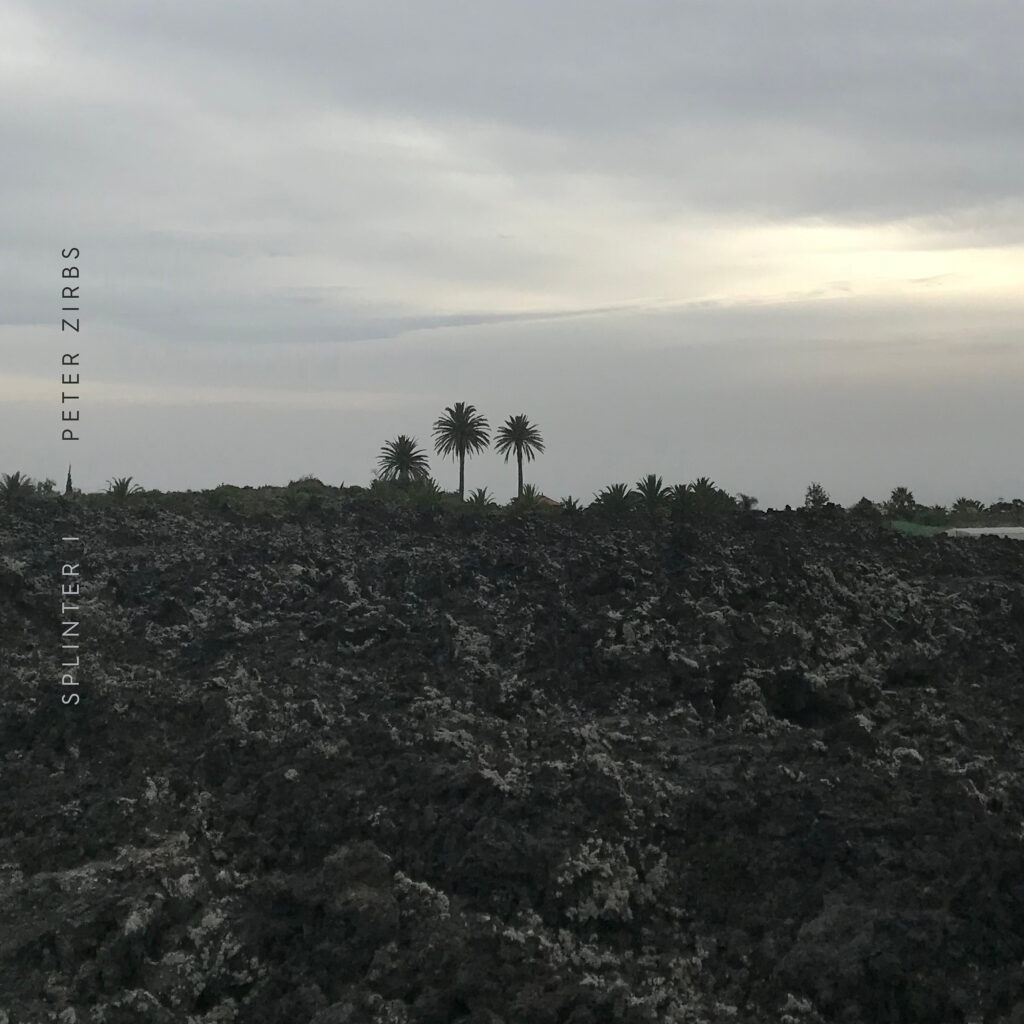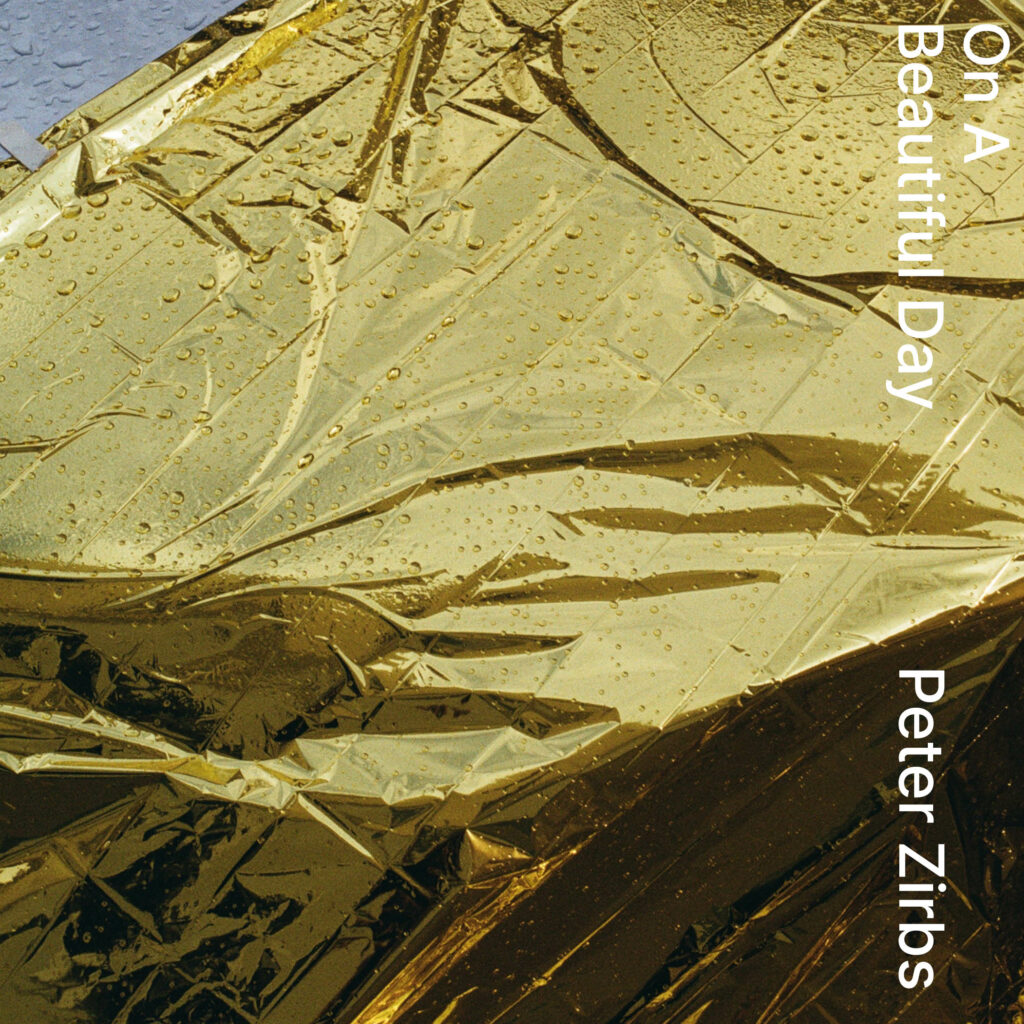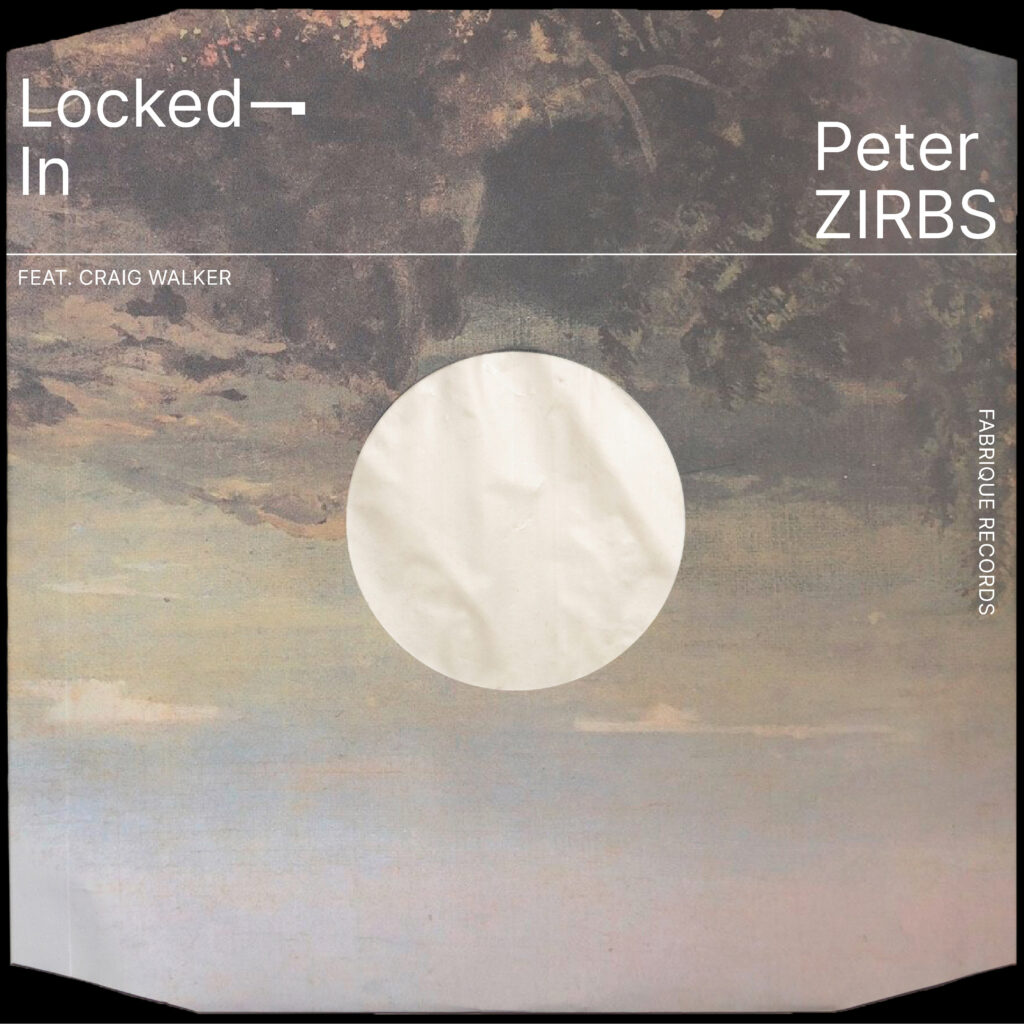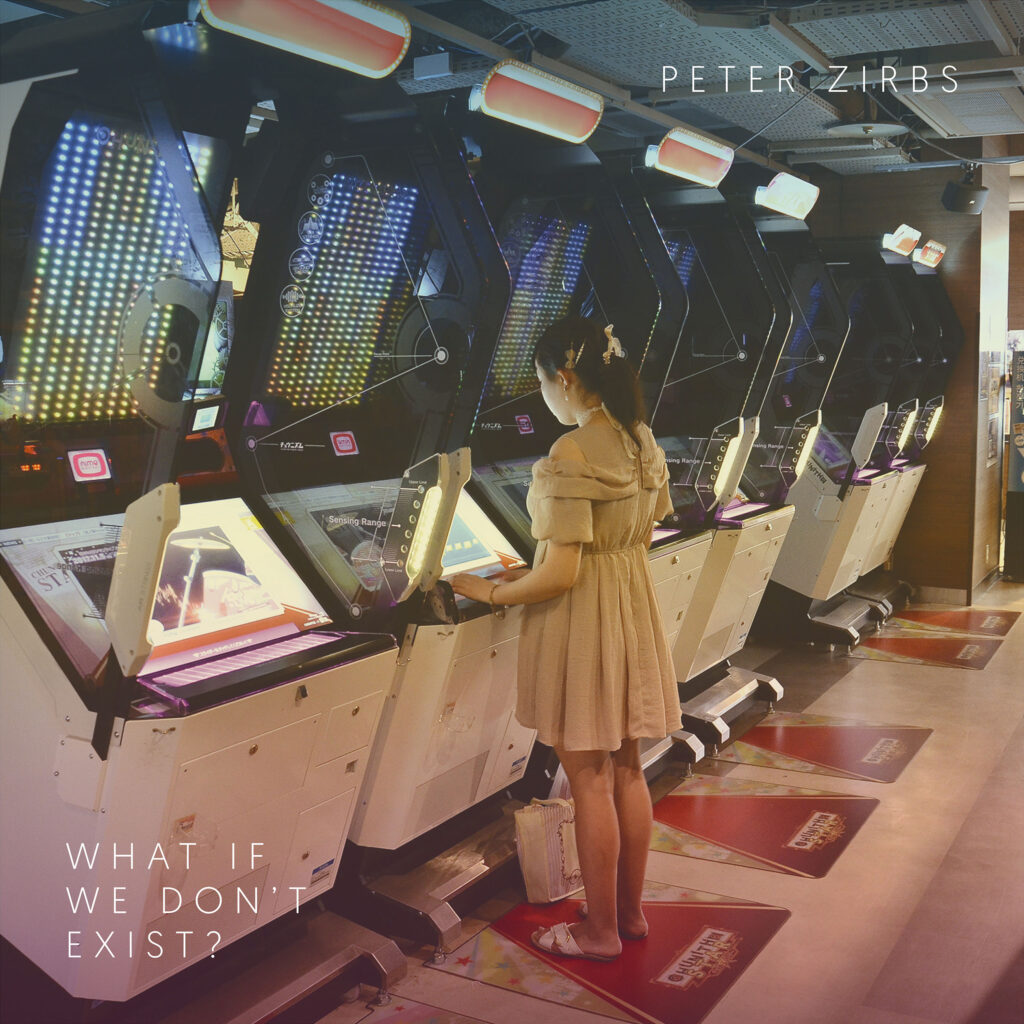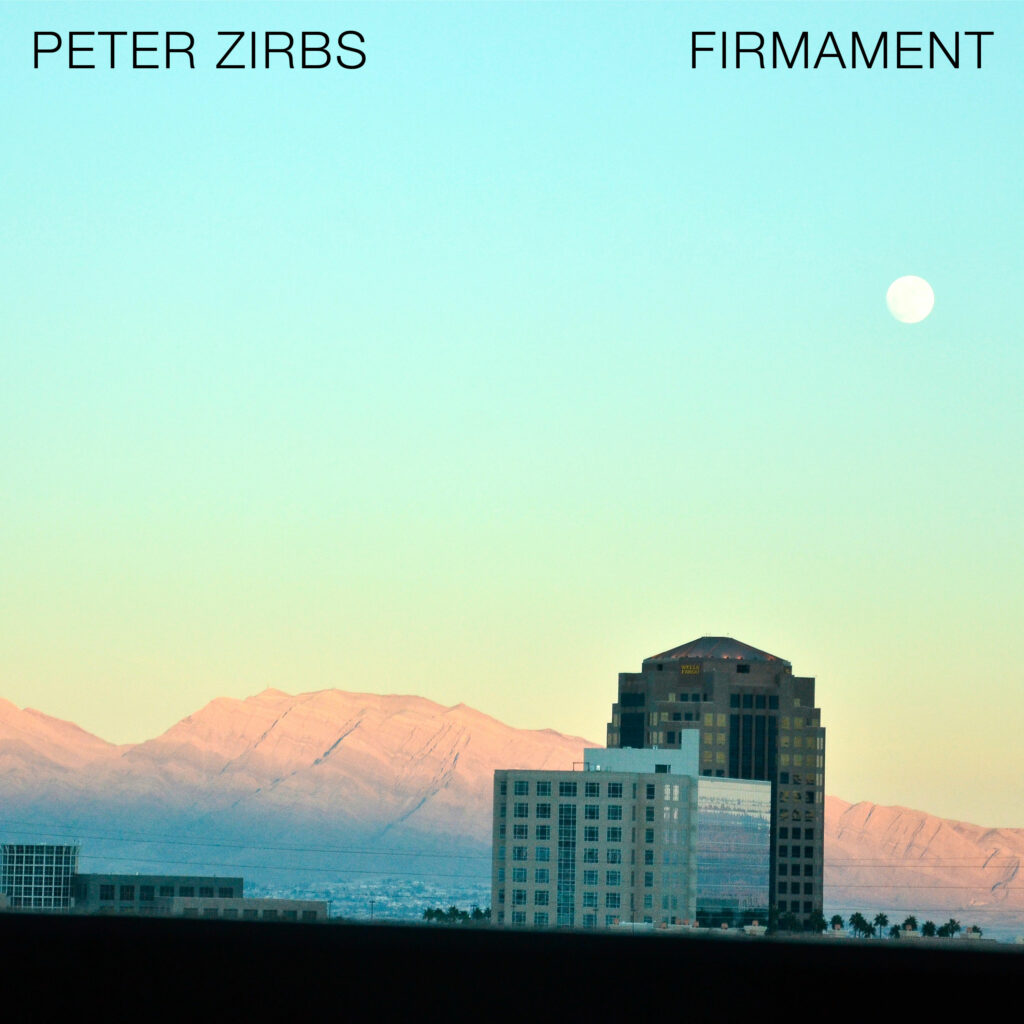Peter Zirbs
On his internationally praised album debut „What If We Don’t Exist?“ from 2018, Zirbs still pursued the big question of whether we exist at all. Zirbs‘ musical mixture of futuristic synth-pop, graceful ambient and minimal music even prompted an American music critic to compare it with David Bowie’s legendary album Low. On Zirbs‘ EP „On A Beautiful Day“ (2020) it is rather the simultaneity and contrariness of our time that fascinate Zirbs. The phase we are currently going through as mankind – from collapse to new beginnings and the very personal in this process.
With the charismatic former Archive frontman Craig Walker, Zirbs has invited an international guest to the studio for the single „Locked In“. He wrote the lyrics to the song in autumn 2019 and was inspired by an old interview with the legendary singer Nico. In 2020 these lyrics, which were written at that time, read frighteningly up-to-date.
Already on Peter Zirbs’ previous releases there are numerous, often experimental instrumental compositions. With a new fully instrumental EP „Splinters“ (2021), Peter Zirbs gave more space to this artistic side and underlined his musical versatility. He playfully blends minimal music, piano and synthesizer sounds into electronic and hypnotic miniatures that develop an addictive undertow. Musically, Zirbs again processes his view of current facts and realities to which we are accustomed, and which seem to dissolve into a thousand pieces before our eyes – and can no longer be joined to the original shape.
Six years after his solo album debut, his long-awaited second longplayer „Melancholia Beach“ will follow in March 2024, for which Zirbs has once again brought numerous guests into the studio.
„Actually, as I had planned when I started the album about two years ago, it was supposed to be an album about the apocalypse; an album about my fear of the end of the world. And even as I was flirting with this, the present caught up with me: it’s no fun writing songs about the end of the world as I know it when the end seems to be happening.
And when I looked around, I realised that one generation in particular – mine – has this fear. I also realised that I didn’t want to wallow in my fear after all, but would rather deal musically with the things that lead to this feeling of fear. And suddenly I was confronted with myself; with the process of getting older, the questions of identity, relevance, comfort and hope – and not least with the realisation that I was probably also speaking a little of the despair of Generation X. The generation that was just allowed to be children in abundance, that had a positivistic image of the future almost hammered into them, and that experienced the beginning of the computer age, the playful dissolution of heteronormative constraints, new wave, post-punk, 80s pop, acid house, the internet and the end of a reasonably healthy work-life balance.
Melancholia Beach is a place of retreat. A place to lick wounds, a place to mourn – but also a place to re-energise, re-write history and take the horror out of the future. Melancholia Beach is sometimes a very lonely place, but for me it was and is necessary in order not to lose my mind completely.
I was very lucky that I didn’t have to make the trip to Melancholia Beach alone. For example, Loretta Who once again lent not only her voice but also her words to two songs – „Say Something“, perhaps the most cheerful song on the album, is one of them. It was a special pleasure for me to work with Seph U on „White City“: I’ve been fascinated by his voice since the early 90s, and now it’s finally worked out.
The definitely most unexpected feature is actually too crazy to be true, and de facto draws a bow to my early teenage years: In the credits of the „Falco 3“ vinyl, I often read the name Rob Bolland, who was listed as the songwriter – and a myth arose in my head about this person. I almost don’t dare to say it, it seems so unbelievable to me, but Rob Bolland created „Melancholy Mary“ for the album with his words and his voice.
Most of the song lyrics speak for themselves – the last track on the album, however, is a somewhat experimental instrumental that once again conjures up panic and horror; like the soundtrack to a fictional documentary film that might one day be made about what we now call our present.“
Peter Zirbs
As part of the vibrant and diverse Viennese electronic scene, multi-instrumentalist Peter Zirbs has released music under numerous pseudonyms, produced various artists and remixes, as well as scored a series of award-winning experimental films. With the diversity of his work, he has repeatedly broken genre boundaries over the years until he finally stepped into the limelight as a solo artist in 2018 with his acclaimed album debut „What if we don’t exist?“. An American music journalist even wrote about the album: „The closest and most apt sonic comparison for „What If We Don’t Exist?“ would be David Bowie’s Low, with its blend of futuristic synth-pop and graceful ambient music.“
In the first pandemic year of 2020, Zirbs landed another Europe-wide radio hit with his energetic EP „On A Beautiful Day“ and the almost prophetic song „Locked In“, which he released with former Archive singer Craig Walker, followed by „Ideal“, a single collaboration with French artist Christelle Constantin. In winter 2021 Zirbs finally showed a completely different musical side with the experimental instrumental EP „Splinters“, celebrating his penchant for minimal music, electronics and film music.
Albums supported by SKE.
Photo © Tim Cavadini
RELEASES
SOUNDS
LIVE
–
–
